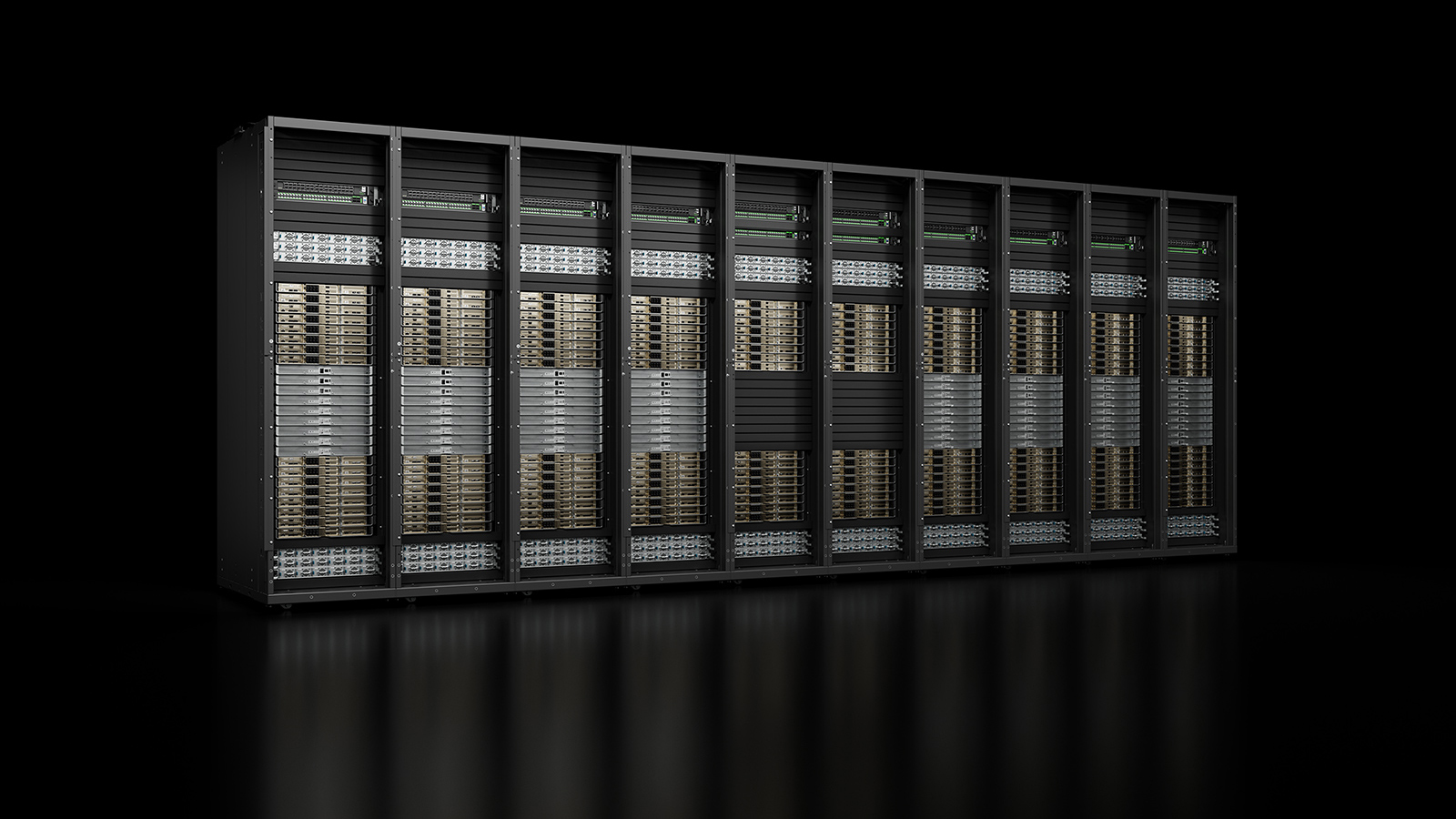
Although the U.S. government restricts sales of advanced processors for AI and HPC to China-based entities, these entities can use cloud services from companies like Amazon Web Services (AWS) and Microsoft to access advanced U.S. processors, reports Reuters. Although the U.S. government mulls restricting availability of American cloud services for AI and HPC to entities in China and other sanctioned countries, for now they can bypass export bans by using AWS, Azure, and the like.
Chinese entities use AWS and Azure to access Nvidia's A100 and H100 processors
More than 50 public tender documents reviewed by Reuters reveal that at least 11 Chinese entities have pursued restricted U.S. technologies through cloud services over the past year. In fact, as many as four of these entities identified AWS as their cloud provider, although they accessed these services via Chinese intermediaries instead of directly from AWS.
One notable example is Shenzhen University, which spent approximately ¥200,000 (around $28,000) on an AWS account to access cloud servers powered by Nvidia A100 and H100 processors to work on an unspecified project. These GPUs are specifically banned for export to China by the U.S., yet the university acquired access to them through an intermediary, Yunda Technology.
Similarly, Zhejiang Lab, which is developing its own large-language model (LLM) called GeoGPT, considered spending ¥184,000 (around $25,800) on AWS cloud computing services citing insufficient computing power from Alibaba's Alicloud. However, the lab did not make the purchase for an unknown reason, and it also did not disclose how it ultimately met its compute performance requirements.
In March, the Suzhou Institute of Advanced Research at the University of Science and Technology of China (USTC) announced a tender to rent 500 cloud servers, each equipped with eight Nvidia A100 chips, for an undisclosed purpose. By April, Hefei Advanced Computing Center Operation Management had provided the servers, though the cloud service provider remained unknown. In May, USTC was placed on the U.S. 'Entity List' due to its use of U.S. technology for quantum computing with potential military and nuclear applications.
Also in April, Sichuan University announced in a tender document its plan to develop a generative AI platform, for which it intended to acquire 40 million Microsoft Azure OpenAI tokens. By May, procurement records indicated that Sichuan Province Xuedong Technology was the supplier of these tokens. Azure OpenAI operates under Microsoft's Azure policies and is therefore has no direct business ties to OpenAI.
AWS and other companies involved have stated that they comply with all applicable U.S. laws. Following inquiries from Reuters, AWS updated and removed certain promotional posts on its Chinese-language platforms, reflecting heightened scrutiny over its services in China.
U.S. moving closer to ban cloud access to GPUs for Chinese entities
Last October, the U.S. government first said that it was mulling restrictions on Chinese entities' access to U.S.-based cloud computing services that offer high-performance hardware for AI and HPC, amid concerns over China's use of the technology to boost its military potential. The U.S. Secretary of Commerce Gina Raimondo reiterated the plan in January.
The U.S. government is now moving to close this regulatory gap. Legislation introduced in Congress would give the Commerce Department the authority to regulate remote access to U.S. processors through cloud services. The Commerce Department has also proposed new rules that would require cloud providers to verify the identity of users training large AI models and report their activities. However, it is unclear when and if any laws will be passed.
Big loophole in any future laws
However, the U.S. cannot prevent Chinese entities from accessing cloud services offered by non-American companies. The only way to do so would probably be to restrict sales of AI and HPC processors to prominent cloud providers in Europe and the Middle East, which would harm many American companies, including Nvidia. As a result, instead of using American cloud services, Chinese companies could simply switch to alternatives in Europe and the Middle East







